Sustainability Works Best in a Strong Network
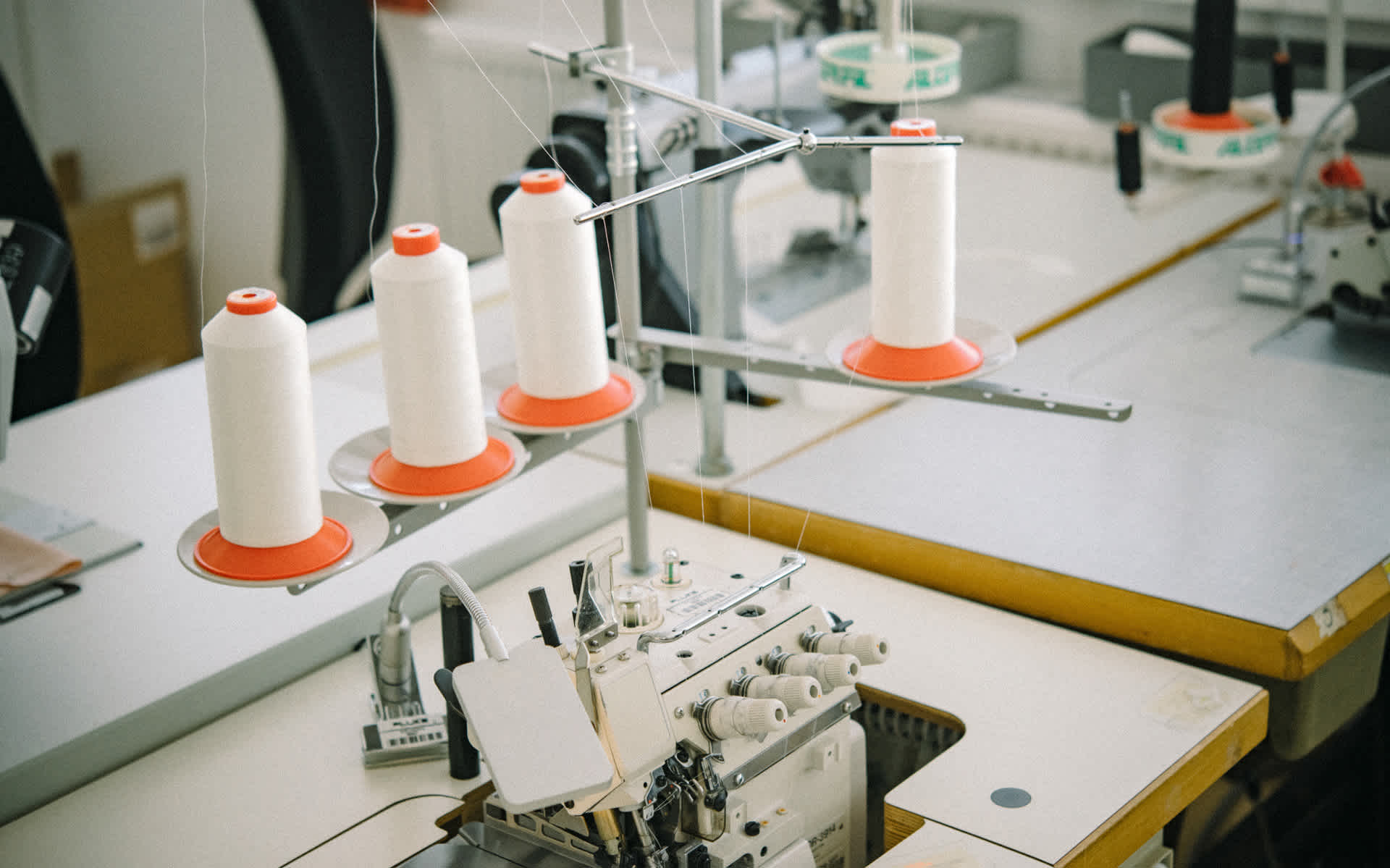
We have set the bar high, but we can’t achieve it all alone. We can only be strong and successful when we join forces. That’s why we work together with international partner organizations when it comes to ecological, social, and ethical issues and standards.
Fair Wear Foundation
We believe that fashion should be fair. That’s why we have been an official member of the Fair Wear Foundation (FWF) since 2022.
The Fair Wear Foundation is a non-profit, multi-stakeholder initiative, which is committed to ensuring that communication on production and supply chains is more transparent and that working conditions are improved for workers. That is why we are working intensively together with the Fair Wear Foundation on our Social Program.
Once a year, the Fair Wear Foundation checks the status of all its member brands. The S.OLIVER GROUP went through this Brand Performance Check for the first time in 2023. The result: Fair Wear rates us with "Good"! Here you can find the report.
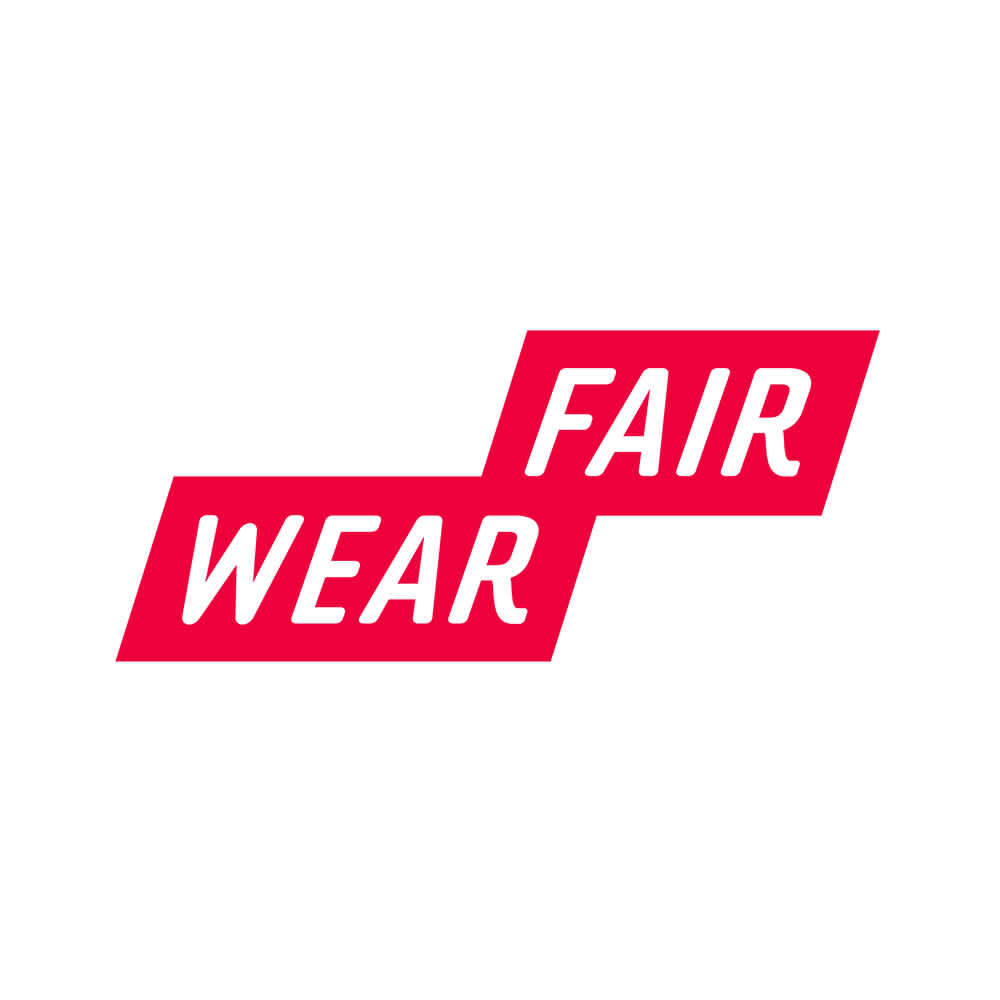
The International Accord
We want to guarantee safety in the workplace for all employees in our supply chain. For this reason, we have been a member of the International Accord on Health and Safety in the Textile and Garment Industry (ACCORD), formally known as the Bangladesh Accord on Fire and Building Safety, since 2013.
Since the collapse of the Rana Plaza factory in 2013, in which 1,134 factory workers lost their lives, Accord has been advocating fire, electricity, and building safety in the garment industry. The accord, originally limited to Bangladesh, was renewed in 2021 with a commitment to extend its work to other countries. Since the beginning of 2023, we have also become a member of the newly established Pakistan Accord. As a member of the accord, we will continue our efforts to improve the safety standards in the factories of our international supplier companies in order to guarantee safety in the workplace for all workers who are involved in the manufacture of our products.
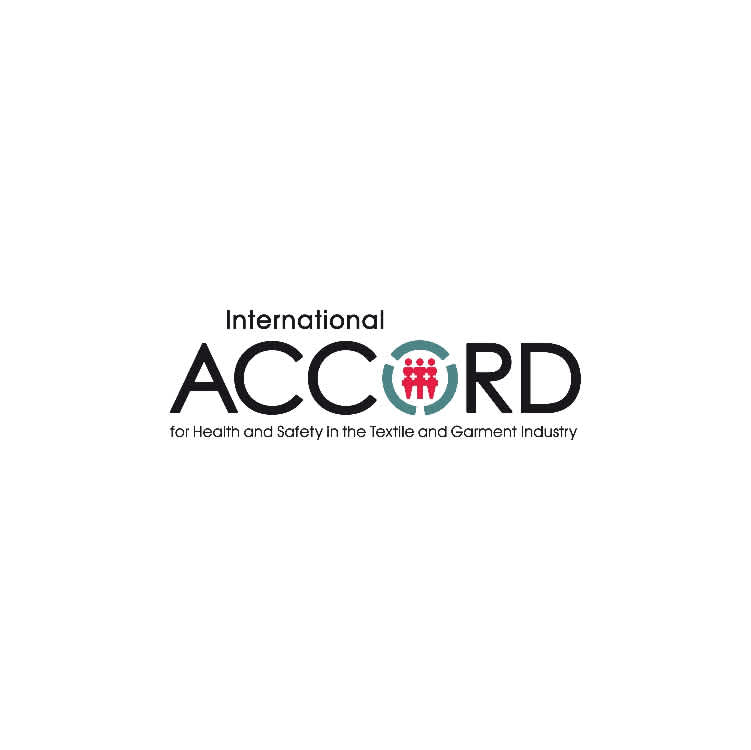
The Partnership for Sustainable Textiles
We are working towards improving production conditions in the international textile supply chains in the long term. For this reason, we have been a member of the Partnership for Sustainable Textiles since 2015.
In this multi-stakeholder initiative, we work with a range of specialist groups which tackle issues such as social standards, more sustainable cotton, animal welfare, waste water management, and transparency in the supply chain. Furthermore, as a member of the Partnership, we set ourselves individual corporate goals in the area of sustainability, for which we regularly produce a report.
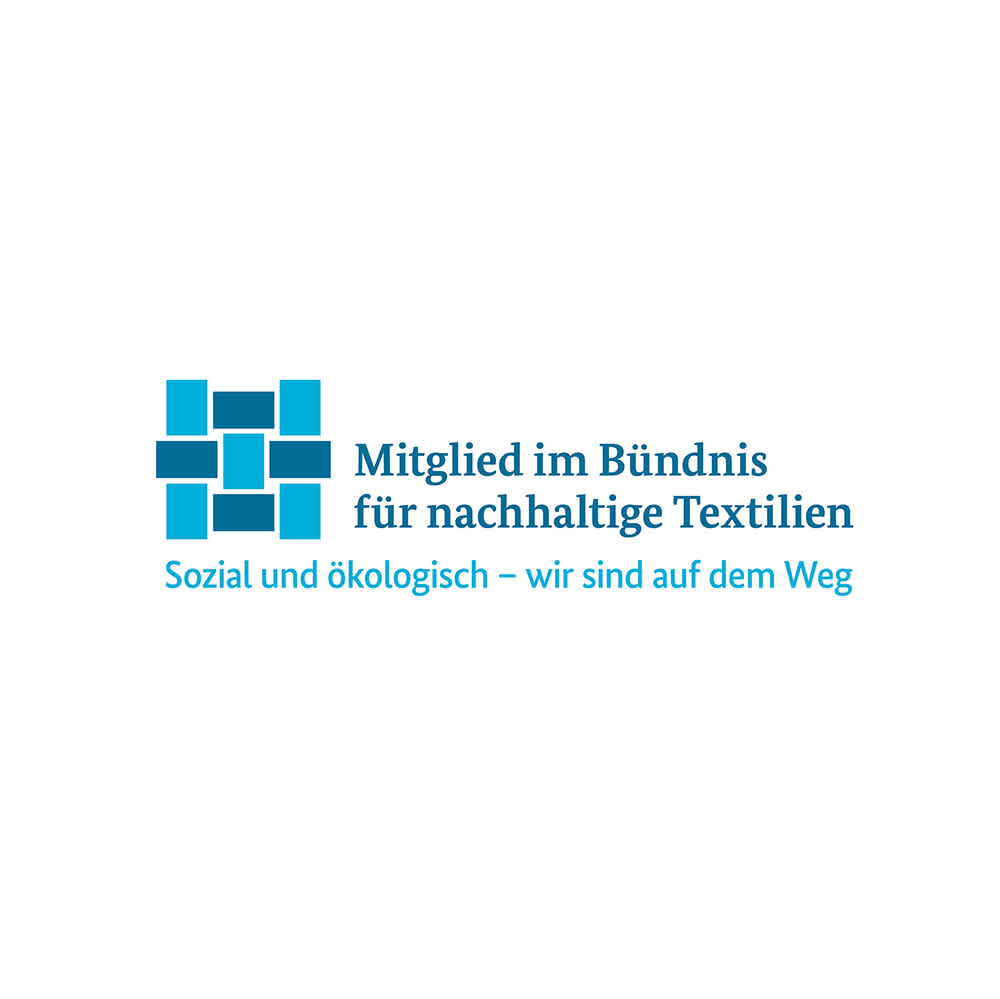
Textile Exchange
We want to reduce the negative impact of the textile industry on people, the environment, and animals and to bring about positive effects instead. In order to get closer to achieving this goal, we have been a member of Textile Exchange since 2022.
Textile Exchange is a global non-profit organization that collaborates closely with its members to drive transformation within the industry toward more sustainable fibers and supply networks. The organization’s developed standards for more sustainable materials enhance integrity throughout the supply chain. By implementing these standards, especially for organic, recycled, and animal fibers, we actively shape the textile industry’s evolution as part of this community.
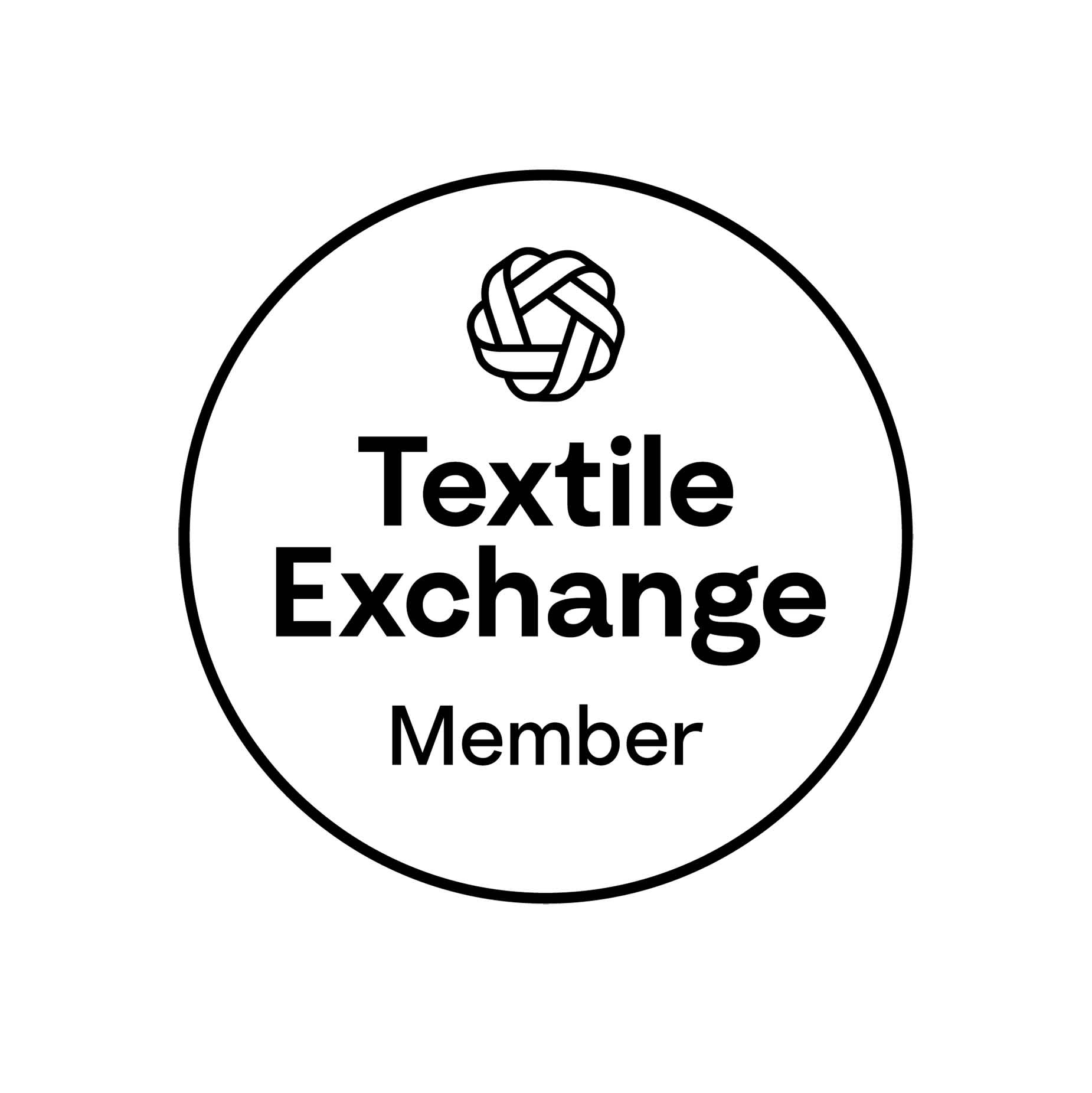
Better Cotton
We partner with Better Cotton to improve cotton farming globally. Better Cotton’s mission is to help cotton communities survive and thrive, while protecting and restoring the environment. Through its implementing partners, Better Cotton trains farmers to care for the environment and respect workers’ rights and wellbeing. Better Cotton is sourced via a system of mass balance and is not physically traceable to end products.
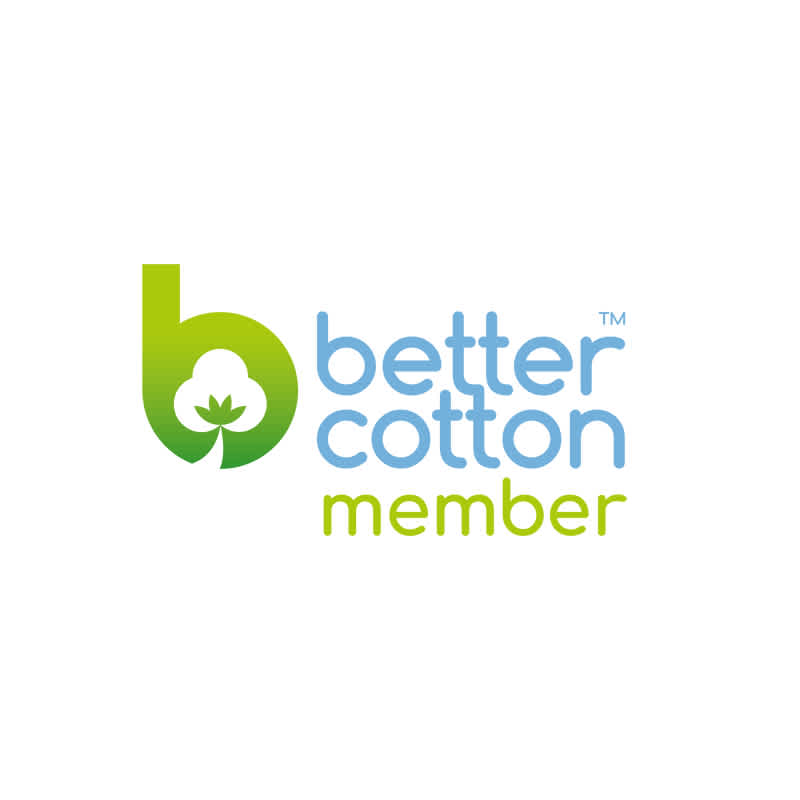
Cotton made in Africa
Since 2009 we are a proud partner of the Cotton made in Africa (CmiA) initiative, an internationally recognized standard for sustainable cotton grown by African smallholder farmers. Through our collaboration, these smallholder farmers deepen their knowledge of sustainable agriculture and environmental protection. The CmiA-verified cotton we source for our products has minimal environmental impact and contributes to supporting village communities in Africa

The Good Cashmere Standard®
We have been part of The Good Cashmere Standard® (GCS) initiative since 2021.
The GCS is an independent standard with a focus on animal welfare and standards for keeping cashmere goats. Furthermore, the GCS also focuses on social, economic, and ecological criteria in cashmere production. In the process, we are supporting the living conditions of farmers in Inner Mongolia while reducing negative effects on the environment at the same time.
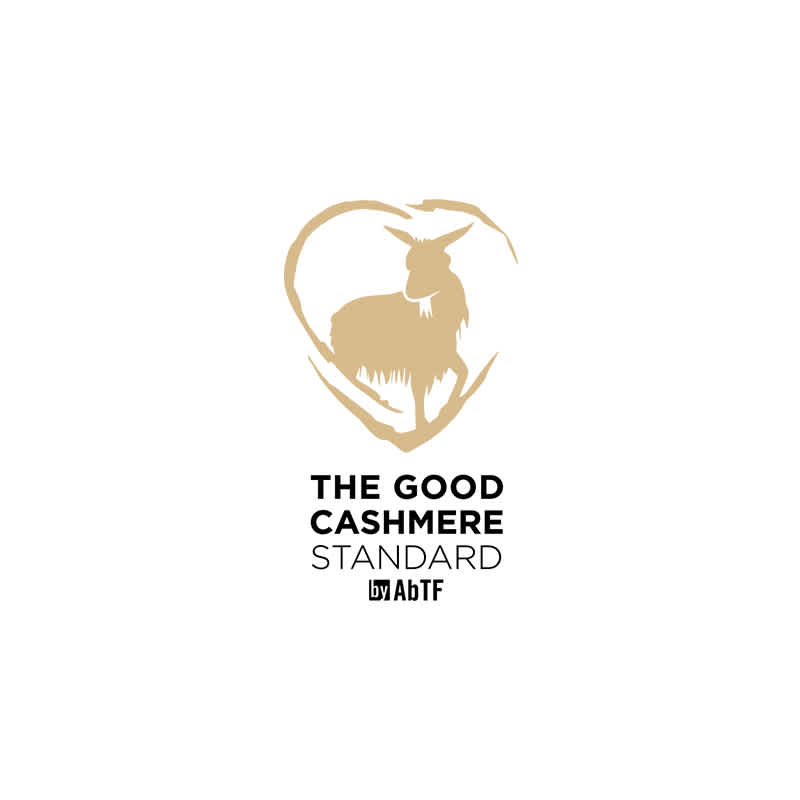
Fur Free Retailer
As part of the Fur Free Retailer Program, we banned real fur and real fur trims from all of our collections as early as 2006.
The Fur Free Retailer Program is represented in Germany by the animal welfare organization “FOUR PAWS” with the goal of raising awareness of ethical consumption among customers.

AFIRM Group
We advocate reducing the usage and effects of potentially harmful substances in global textile supply chains. That’s why we are a member of the AFIRM Group.
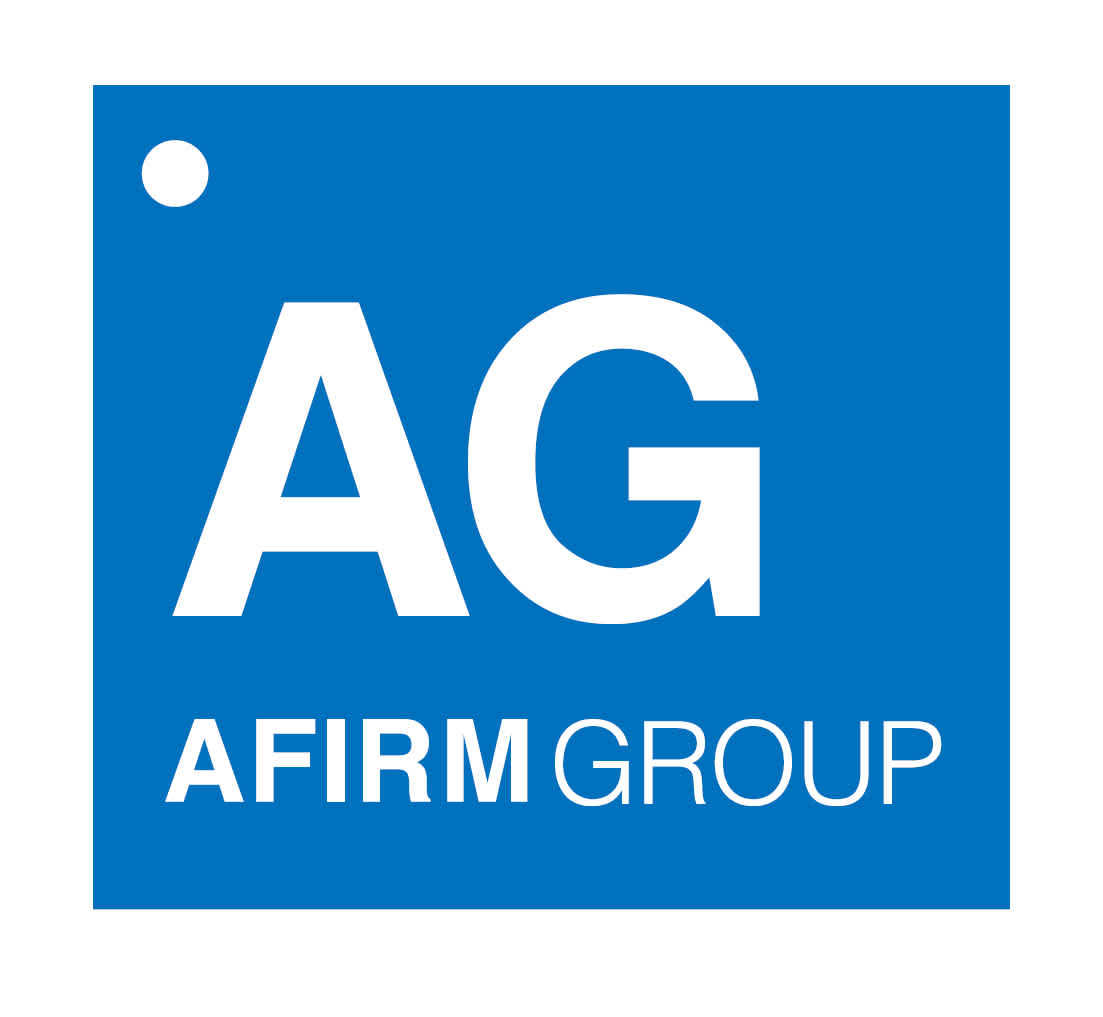
Retraced
In collaboration with the technology startup Retraced, we have been working since 2023 to strengthen transparency within our supply chain. Through the Retraced platform, we digitally map our supply chain, enabling traceability for our first few products. Our long-term goal is to ensure full traceability for all products. Other essential components of this collaboration include managing sustainability-related data such as evidence and certificates, as well as risk management, including the implementation of preventive measures. These functions are continuously evolving through close cooperation.
